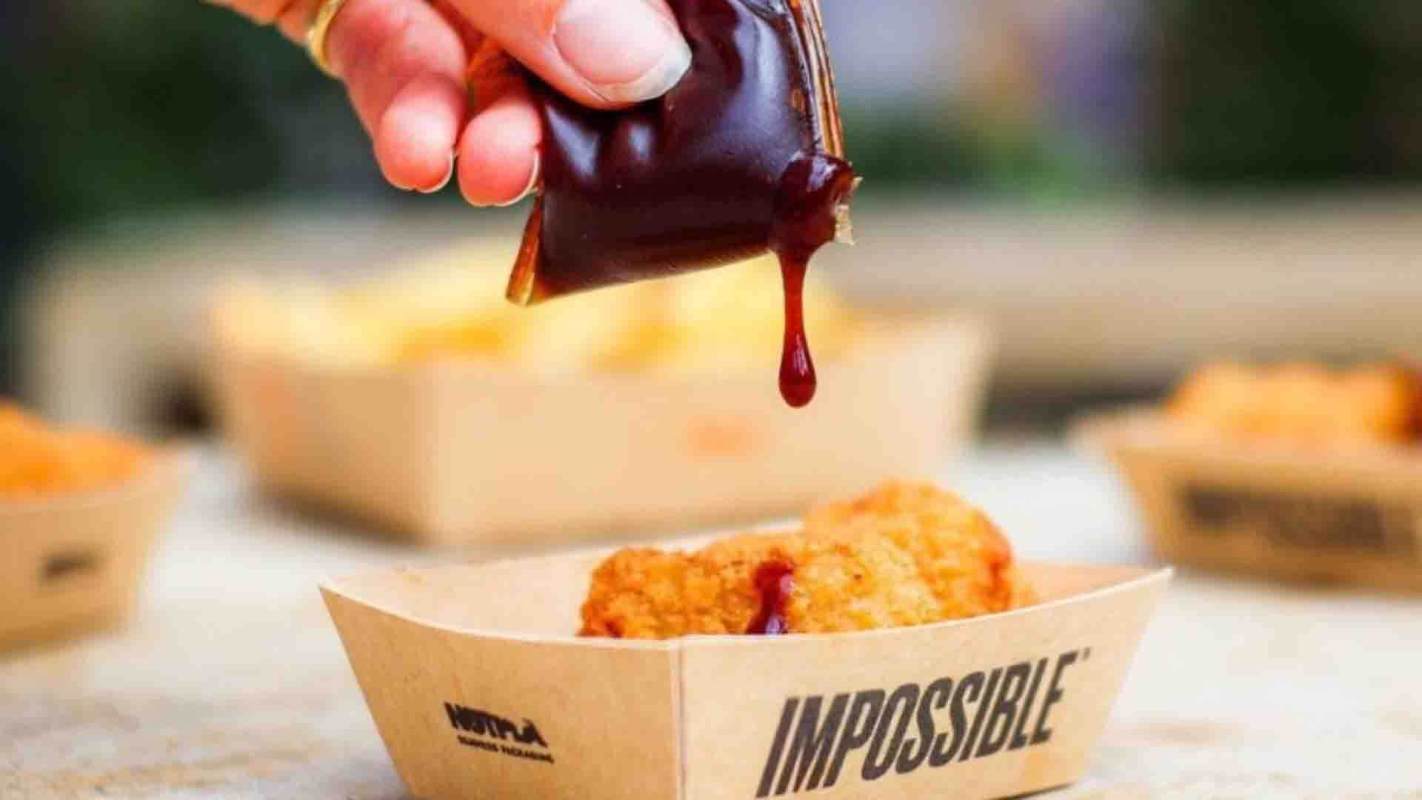You may have seen those edible "bubble shots" making a splash at marathons and other events in recent years. That's the work of Notpla, a company determined to replace plastic packaging with sustainable seaweed substitutes.
The innovative material is ideal for quenching the thirst of athletes and concertgoers in a cool way, and it has many more uses that haven't gone viral.
Notpla = not plastic
The London-based packaging company was founded by Rodrigo Garcia Gonzalez and Pierre Paslier. Backed up by plenty of awards, including a 2022 Earthshot Prize, Notpla has set out to "make packaging disappear." It's not magic, the trick lies just under our noses — growing beneath ocean waves.
Notpla, which stands for "not plastic," is made mainly of seaweed. This crop is already used for food around the world, grows fast, and doesn't require land or fertilizer. And seaweed is highly biodegradable — Notpla breaks down in nature within four to six weeks without requiring special conditions or industrial composters.
The company uses all that sustainable seaweed to sell and develop a whole range of packaging solutions, including coatings for food containers, visually striking paper, and single-dose oil pipettes for restaurants.
Notpla also produces edible liquid bubbles — whimsically named "Ooho" after the sound many people make when they try it for the first time. Oohos can hold sports drinks, cocktails, sauces, and more for thirsty athletes and restaurant guests alike.
The business has developed packaging pearls and films, as well as a rigid plastic substitute that dissolves in water.
Seaweed the 'super-crop'
Seaweed farming has massive sustainability potential. The crop draws in harmful carbon dioxide so it can't warm the planet or make oceans more acidic, although some scientists worry large carbon removal schemes involving seaweed aren't without drawbacks. It also helps limit eutrophication, which is when extra nutrients in the water cause huge spikes in plant and algae growth and dead zones form, killing lots of marine life.
The U.S. is slowly increasing its seaweed farming capabilities, although many farmers are still struggling to get government-required permits.
Plastic's problem
Single-use plastics are bad news for the planet because producing them releases toxic, planet warming-gases. Plastics also pollute the environment and lead to microplastics everywhere — but recycling centers are failing to make a dent. Even bioplastics, which are made from organic, renewable materials that are much better for the environment, can carry harmful chemicals.
That's why Notpla makes it clear. It's not plastic.
Want more? Follow The Cool Down on Instagram and join our Weekly Newsletter for cool stories and easy tips that save you money, time, and our planet.








